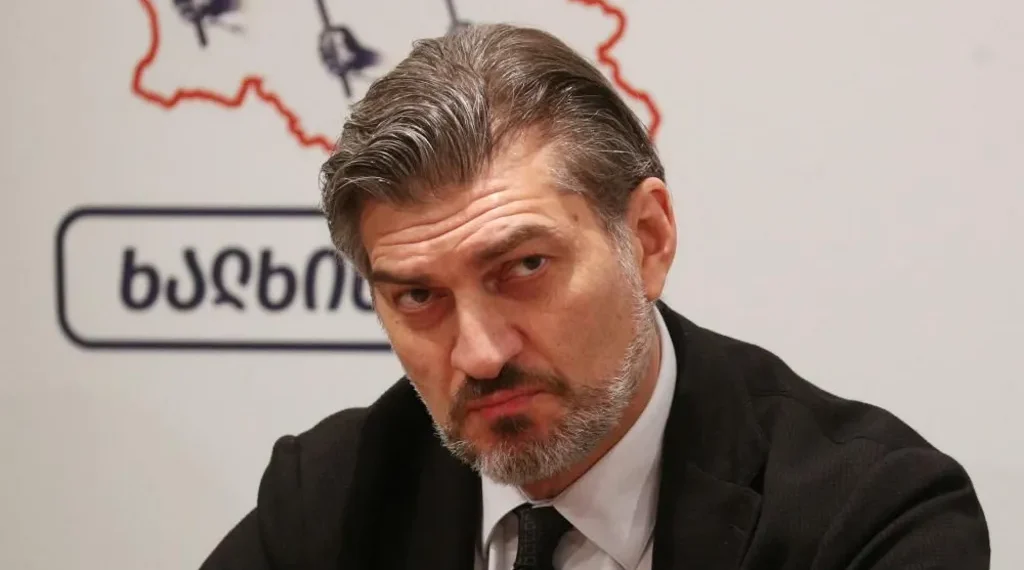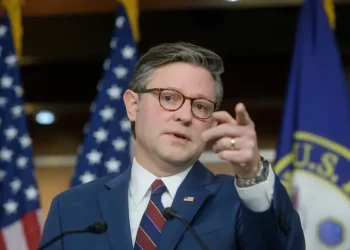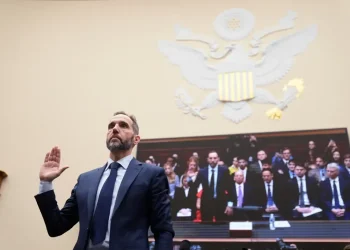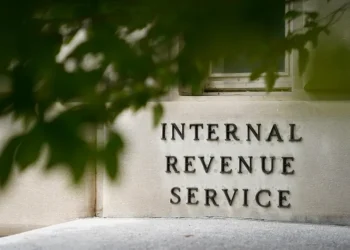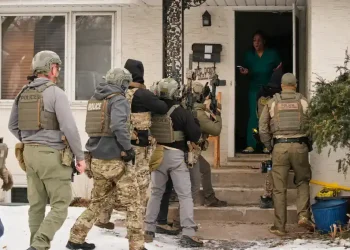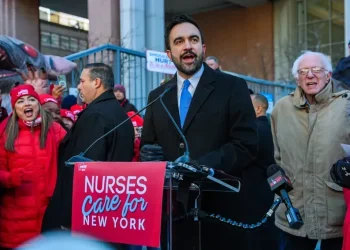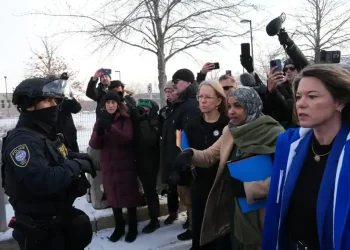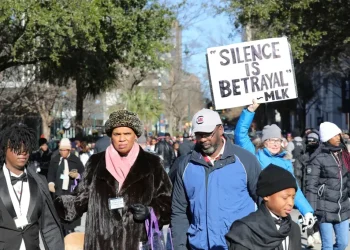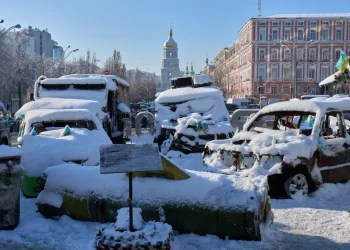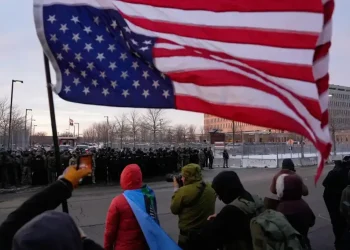Georgia Faces Political Crisis as Ex-Footballer Set to Become President Amid Protests
Georgia’s political turmoil has deepened as Mikheil Kavelashvili, a former Manchester City footballer, prepares to take office as president following a controversial parliamentary vote on Saturday. The announcement comes after 16 days of widespread pro-European Union (EU) protests that have gripped towns and cities across the country.
Kavelashvili’s Contentious Candidacy
At 53, Kavelashvili is a former member of the ruling Georgian Dream party, which has been accused of authoritarian tendencies. He is the sole candidate for the presidency, but his appointment is being boycotted by the country’s four main opposition groups, who argue that the October elections were rigged.
Outgoing pro-Western President Salome Zourabichvili has condemned Kavelashvili’s election as a mockery of democratic principles, calling it a threat to the country’s legitimacy. She insists she represents the only legitimate institution in Georgia.
Prime Minister Irakli Kobakhidze dismissed Zourabichvili’s criticisms, accusing her of undermining Georgia’s interests. He stated that her term ends on December 29 and that she “must retire.” Georgian Dream ally Nino Tsilosani claimed that Zourabichvili no longer has public support.
Protests Erupt Over EU Membership Delay
The political crisis escalated when the government announced on November 28 that it would delay EU accession talks until 2028, despite overwhelming public support for EU membership being enshrined in Georgia’s constitution.
Nightly protests have filled the streets of Tbilisi, with demonstrators draped in EU flags demanding new elections. Friday saw pop-up protests led by professionals from various sectors, including IT specialists, actors, and lawyers.
“We are here to build a lawful state that respects constitutional provisions and human rights,” said lawyer Davit Kikaleishvili.
Saturday’s parliamentary vote involves a 300-member electoral college dominated by Georgian Dream loyalists, a process expected to fuel further protests.
Kavelashvili’s Controversial Political Career
Kavelashvili is a co-founder of the People’s Power party, known for its anti-Western rhetoric. He has accused opposition parties of acting as foreign-directed agents and labeled President Zourabichvili a “chief agent.”
Initially aligned with Georgian Dream, People’s Power now positions itself as a “healthy opposition” to what it calls “radical foreign-funded opposition groups.” Critics, however, accuse Georgian Dream and its billionaire founder Bidzina Ivanishvili of steering Georgia back into Russia’s orbit.
Human Rights Concerns and International Backlash
Georgia has faced strong condemnation from the EU and US for what they describe as democratic backsliding. Transparency International reports that over 460 protesters have been detained in the past two weeks, with more than 300 allegedly subjected to torture or ill-treatment.
Footage of thugs attacking journalists has further escalated tensions. The EU has condemned the “brutal, unlawful force” used by police, and foreign ministers are set to discuss sanctions against the Georgian government on Monday.
The US State Department has already imposed visa restrictions on Georgian officials, including ministers and police officers. Protesters are urging the international community to impose broader sanctions on top officials and Ivanishvili.
Protests and Calls for Justice
Pro-government groups have intensified harassment campaigns against civil society activists, with reports of beatings and arbitrary arrests. “There is systematic torture, inhuman, and degrading treatment of citizens,” said Nino Lomjaria, a former public defender.
Theatre workers joined Friday’s protests, chanting, “The police are everywhere, justice is nowhere.” In a dramatic moment, two men scaled a construction crane, waving a Georgian flag as thousands cheered below.
What’s Next for Georgia?
As the crisis unfolds, Georgia’s future remains uncertain. The government’s deferral of EU membership talks has sparked widespread public outrage, and Kavelashvili’s presidency is likely to deepen the divide between pro-EU citizens and the ruling party.
With protests showing no signs of slowing, the international community’s response will be critical in shaping Georgia’s path forward.
This article was rewritten by JournosNews.com based on verified reporting from trusted sources. The content has been independently reviewed, fact-checked, and edited for accuracy, neutrality, tone, and global readability in accordance with Google News and AdSense standards.
All opinions, quotes, or statements from contributors, experts, or sourced organizations do not necessarily reflect the views of JournosNews.com. JournosNews.com maintains full editorial independence from any external funders, sponsors, or organizations.
Stay informed with JournosNews.com — your trusted source for verified global reporting and in-depth analysis. Follow us on Google News, BlueSky, and X for real-time updates.
